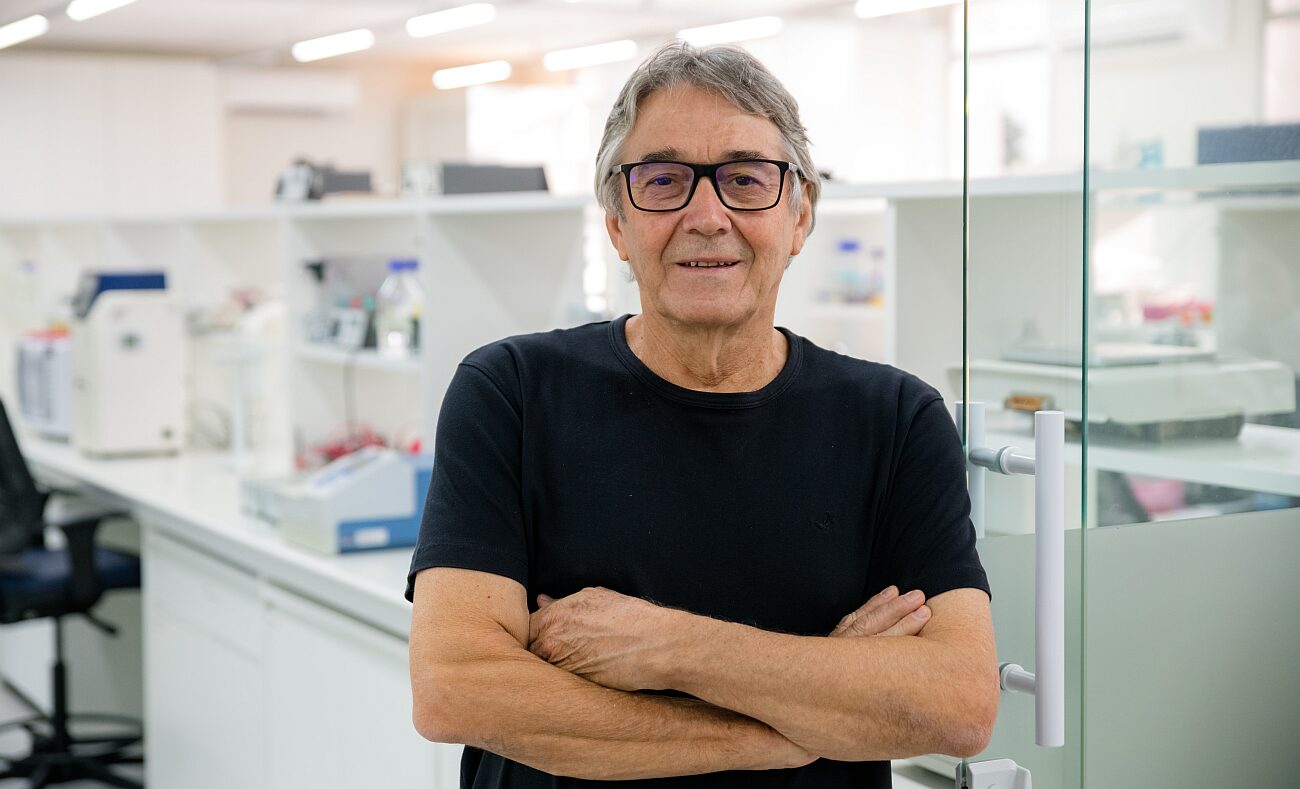Over the past 20 years, maize crop yields have seen significant advancements, driven by technological innovations and improved agricultural practices. The global average maize yield has steadily increased, owing to the adoption of hybrid varieties, precision farming techniques, and advancements in crop management. Key contributors include the widespread use of genetically modified maize varieties, such as those engineered for pest resistance and herbicide tolerance. The adoption of improved agronomic practices, including precision agriculture, optimized irrigation, and enhanced fertilization, has also played a crucial role. However, yield variations exist due to factors like climate conditions, pest outbreaks, and regional disparities in technology adoption. Continuous research and development in maize genetics and agronomy aim to sustain and further increase yields, addressing the growing demand for maize as a staple food, animal feed, and industrial raw material on a global scale.



















